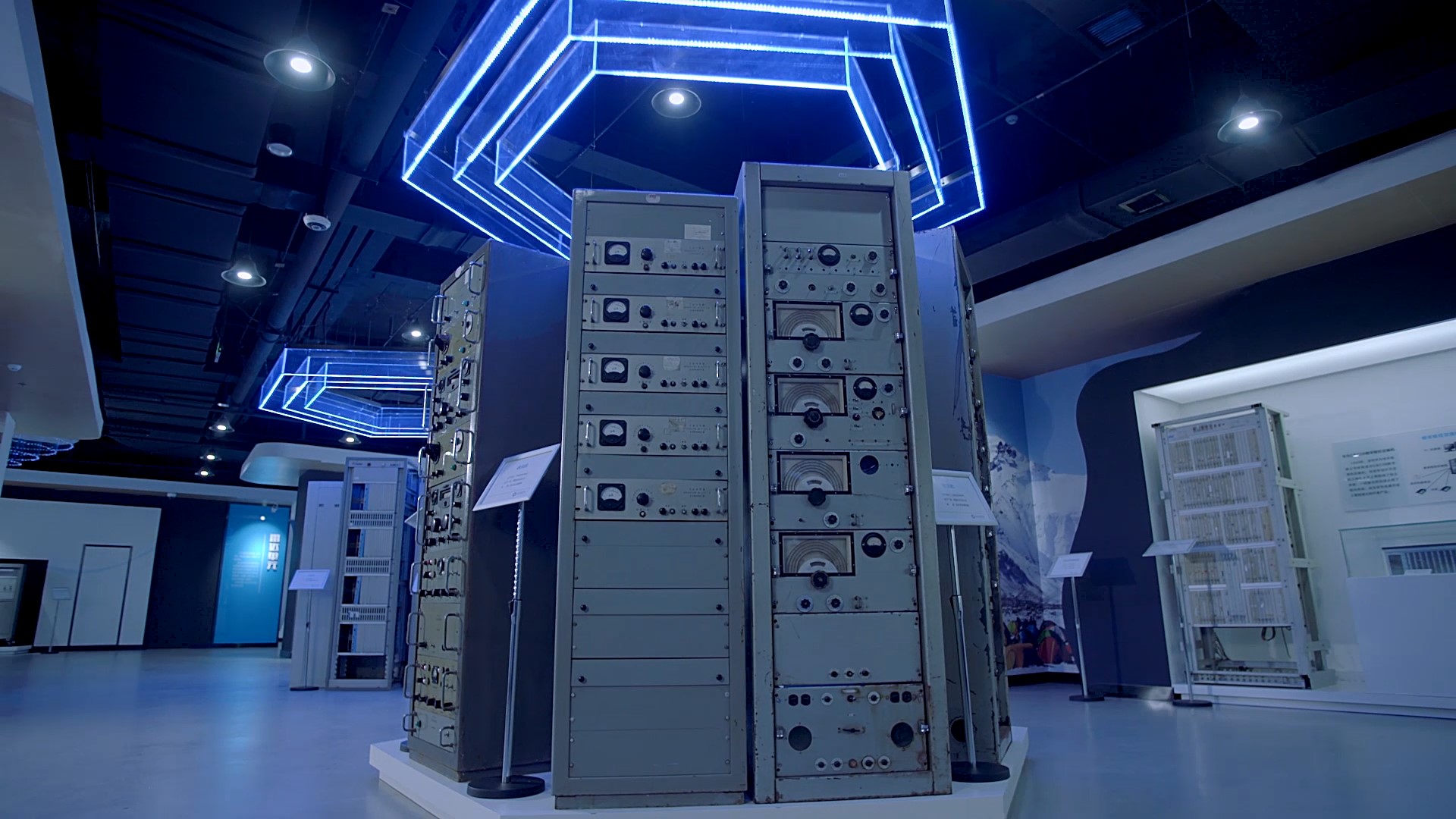Call for Chapters Proposals Submission Deadline:
30 April 2020
Full Chapters Due:
31 August 2020
This book is the outcome of the research project P-MUS (Professionalising Museum Work in Higher Education: A Global Approach), developed between 2017 and 2019 by UMAC, ICTOP, Universeum and AAMG, and supported by the International Council of Museums (ICOM).
The main goal of P-MUS was to increase the use of higher education museums and collections in the training of museum professionals. In a first approach, this use seems natural. Physics and Biology graduate and post-graduate students use laboratories for developing practical skills and competences. One should expect something similar to happen with museums or cultural heritage students. They would naturally use the museums, collections and cultural heritage infrastructure of their university for training. Paradoxically, this use is fragmented, irregular and not as likely as it would seem.
There are multiple reasons for this seemingly paradox. Higher education museums and collections are considerably heterogeneous and they cover all disciplines. Many may be ‘under the radar’ or lack institutional statute . The large majority were created (and still are) around teaching and research activities by professors, researchers, technicians, students, librarians, and alumni. These professionals are, in general, not exposed to mainstream museum practice; they are more bound by disciplinary and historic traditions rather than a shared understanding of museum practice. Between 2019 and 2019, P-MUS developed a global survey aiming at profiling these professionals. Who are they? What is their background training? What are their expectations? What professional networks do they belong to? The results of the survey will be presented and analysed in the first section of this book.
The second section of the book is the subject of this call for chapters. Many university museums, collections and heritage around the world are used in the training of future professionals. We want to examine why and how university museums and collections play central and integral roles in graduate and post-graduate courses (the occasional visit is not enough). Are university museums and collections used to develop course content, to illustrate practices, to develop skills, as field work for internships, essays, theses? How does it work? Where are the success cases and what makes them successful? What are the strong and weak points?
A broad range of papers is invited, from comprehensive essays to case studies, methodological texts and historical perspectives. Interdisciplinary contributions are encouraged. Priority will be given to museum and cultural heritage courses (e.g. Museum Studies, Museology, Museum Education, Heritage Studies), but we are also interested in the use of the university museums and collections in the training of other professionals, particularly in non-traditional areas, such as History, Medicine, Biology, and others. Priority will also be given to cases from countries where literature in English is scarce.
Professors, researchers and practitioners are invited to submit on or before 30 April 2020, a chapter proposal of 1,000 to 2,000 words clearly outlining the museum training case-study (objectives, resources and results) and briefly discussing the roles played by university museums and collections. A proposal submission template is available here.
All submitted chapters will be reviewed on a double-blind review basis. Contributors may also be requested to serve as reviewers.
This publication is expected to be released in 2021.
Language: English.
Important Dates
30 April 2020: Proposal Submission Deadline
15 June 2020: Notification of Acceptance
30 September 2020: Full Chapter Submission
19 December 2020: Final Chapter Submission
More info and inquiries:
Marta C. Lourenço, University of Lisbon
